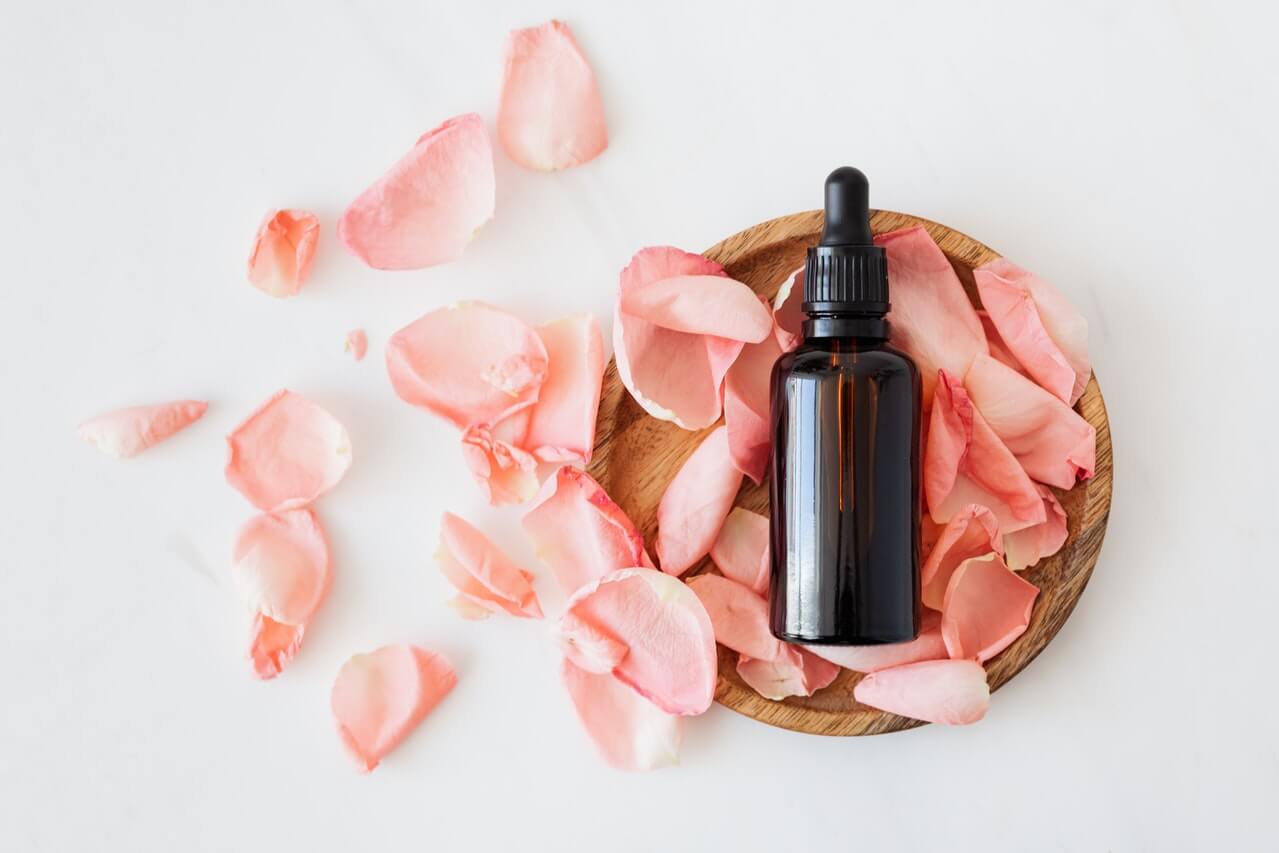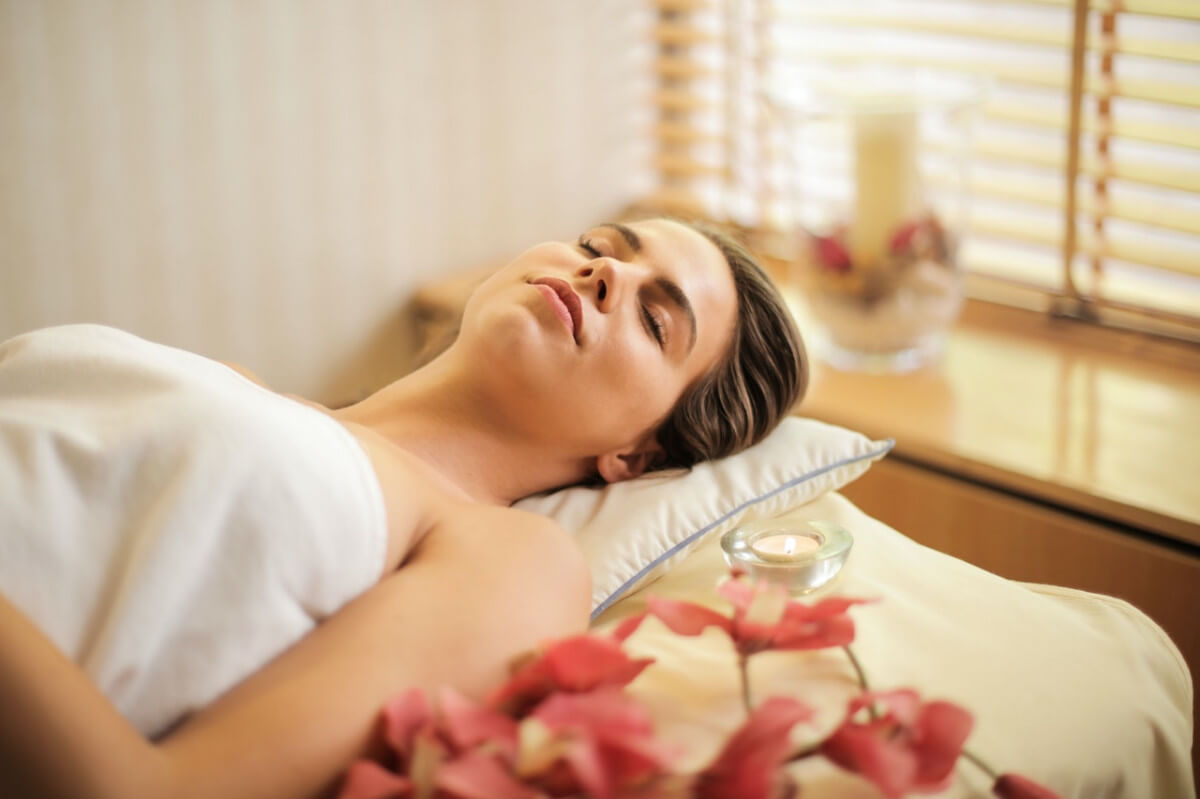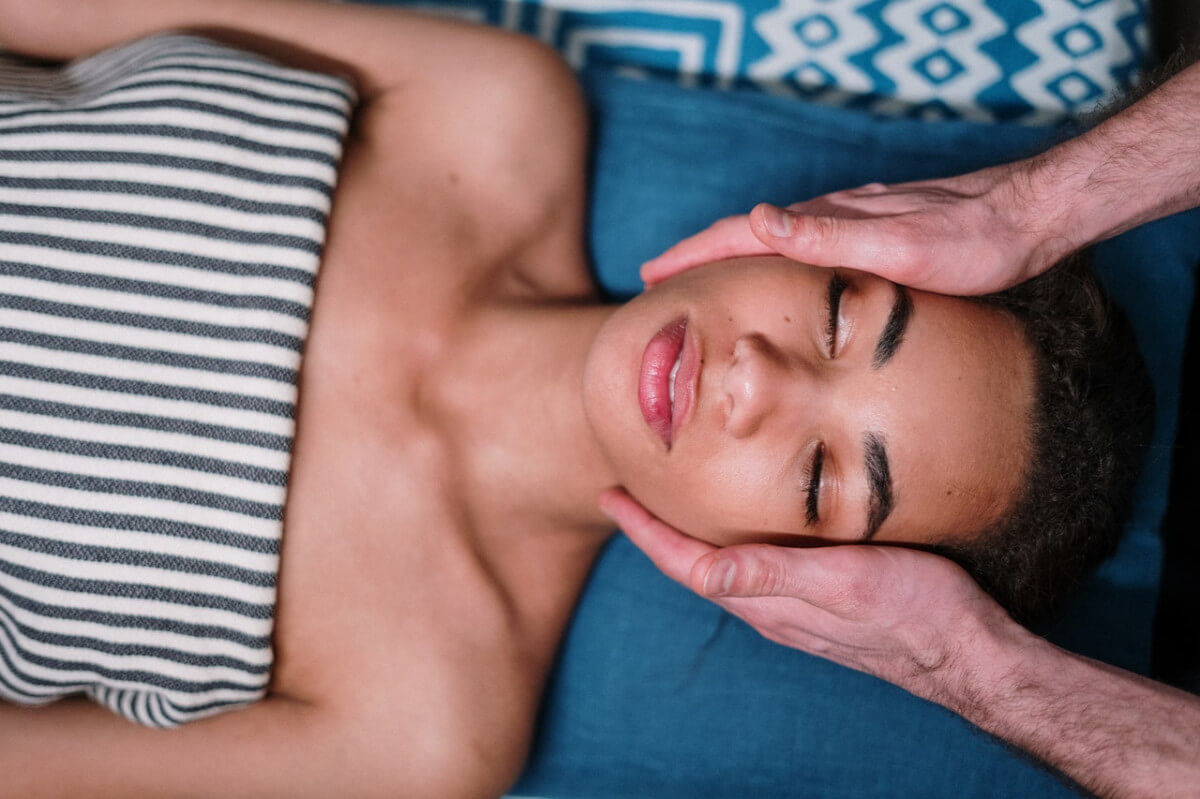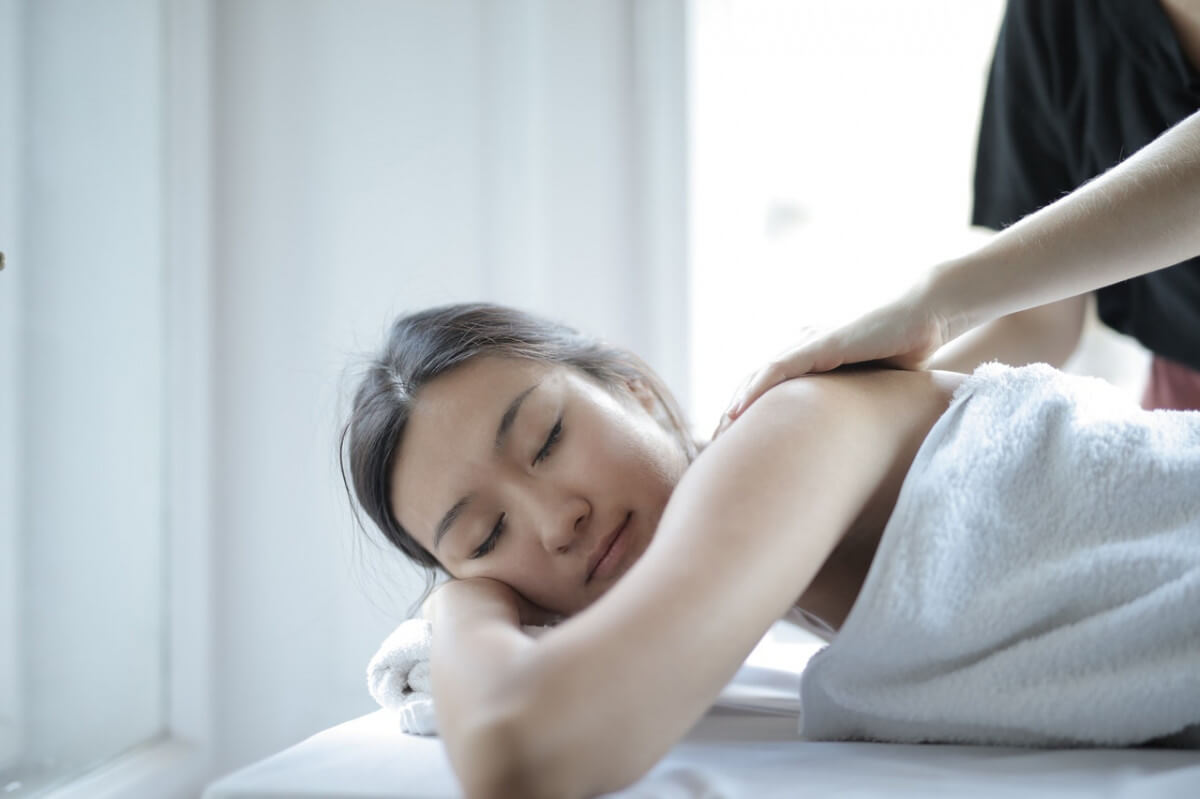Have you been feeling unmotivated, sad, or less interested in life than you used to be? You’re not alone. In 2021, nearly 1 in 3 American adults reported symptoms of depression — a number that has been on the rise in recent years.
Because depression is such a common hurdle, many people wonder if there are any natural tools that can help. And you might’ve heard that massage is a great way to unwind and relax — but can massage therapy help with depression?
In this post, learn about massage and depression research, including recent findings, benefits, and tips for getting started.
Can Massage Therapy Help with Depression?
The official position of the America Massage Therapy Association (AMTA) is yes — thanks to the emerging research on massage and mental health.
Here’s some of the massage and depression research to know about:
Massage and Depression Research
A 2010 review from the Journal of Clinical Psychiatry looked at 17 studies of 786 people to see how massage could impact depression. Amazingly, all the studies showed that massage had positive effects on the participants’ depression levels.
These results are promising, but the authors noted that more research is needed to better understand how it all works. For example, they suggested that future studies look more deeply at different massage protocols and specific populations.
The good news is that these results can guide future researchers to look at massage’s benefits for a wider range of people. Beyond that, they can also look at which kinds of massage are most helpful for mood and well-being. And this information could help those considering massage for mental health in the future.
Massage and Depression in Older Adults
Depression can happen no matter what age you are, but it can be especially concerning for older people. Fortunately, massage may offer benefits for those who are in their later years of life.
In a 2022 study, researchers looked at the effects of aromatherapy massage on elderly adults. They found that massage with a blend of lavender, chamomile, and rosemary essential oil significantly reduced the anxiety and depression of adults living in nursing homes.
Massage Benefits for Depression: How Does It Work?
So, massage clearly has some mood-boosting benefits — but how does it all work?
Here are some theories as to how massage can offer such an uplifting effect on depression and well-being.
The Relaxation Response and Stress Management
Science has shown that stress often plays a role in depression — and that’s why stress management is vital for mental health.
The good news? Massage is a natural powerhouse for stress relief. When you receive a massage, your body naturally slows down. Your heart rate and blood pressure calm, and your body will signal that you are safe, and you can relax.
And by regularly activating your body’s relaxation response — whether it be through massage, meditation, or music — your overall stress could drop, and you could start to feel happier in your daily life.
Feel-Good Endorphins
Past studies have pointed out that massage could release feel-good chemicals such as dopamine, serotonin, and oxytocin. While scientists haven’t pinpointed exactly how it works, these chemicals may play a role in massage’s mood-boosting benefits.
Massage Uses the Soothing Power of Touch
In general, the healing power of touch may have profound effects on mental health. The benefits include easing stress and boosting psychological well-being. And because massage is touch-based, it can bring many of the same benefits.
Eases Tension and Pain
If you live with chronic pain, you know all too well how it can impact your emotional well-being.
Fortunately, research has shown that massage may help ease pain when compared to no treatment. And when used as a complementary therapy (or alongside your prescribed treatment plan), it may offer even more relief.
In one 2011 study, researchers found that myofascial massage improved depression and quality of life scores for patients with fibromyalgia. And in another small trial, massage eased depression and anxiety scores in those living with chronic pain.
Which Type of Massage Is Best for Depression?
If you want to try massage for depression, you might wonder: Which type is best for me?
Truth be told, there isn’t one “best” type of massage to boost your mood. With that being said, certain kinds might catch your eye more than others.
Before you schedule a massage appointment, here are some common types of massage to know about:
Swedish Massage
Swedish massage uses long, soft strokes to manipulate the soft tissue. This type is less for targeting specific problem areas and more for enjoying the full body and mind benefits of massage.
Deep Tissue Massage
Deep tissue massage is best if you have specific pain points or are an active person who needs deep work. It can be a bit uncomfortable at times, but those who opt for deep tissue massage often report incredible benefits.
Aromatherapy Massage
Aromatherapy massage combines a soothing massage with the calming power of essential oils. In a session, a masseuse will mix essential oils (like lavender or chamomile) into the massage oil or lotion before getting started.
Massage and Depression Research: The Bottom Line
Massage can give you an outlet to relieve stress and uplift your mental health. But if you’re dealing with depression, it’s key to have a wide variety of support in your life. This means help from your healthcare team, support from loved ones, and slowly introducing healthy habits — like massage — into your routine.
Be sure to ask your doctor if massage is right for you. Then, you can start reaping the benefits by:
- Visiting a spa or masseuse
- Asking a partner to help you with massage at home
- Trying self-massage techniques, such as using a foam roller or healing home massage tools
- A combo of all of the above to make massage a long-term part of your wellness routine
Make Massage a Core Part of Your Self-Care
If you want to make therapeutic massage a regular part of your self-care, MedMassager’s restorative home tools can help.
Learn more about the many ways they can support your well-being here, or check out our full range of home massage devices today.






